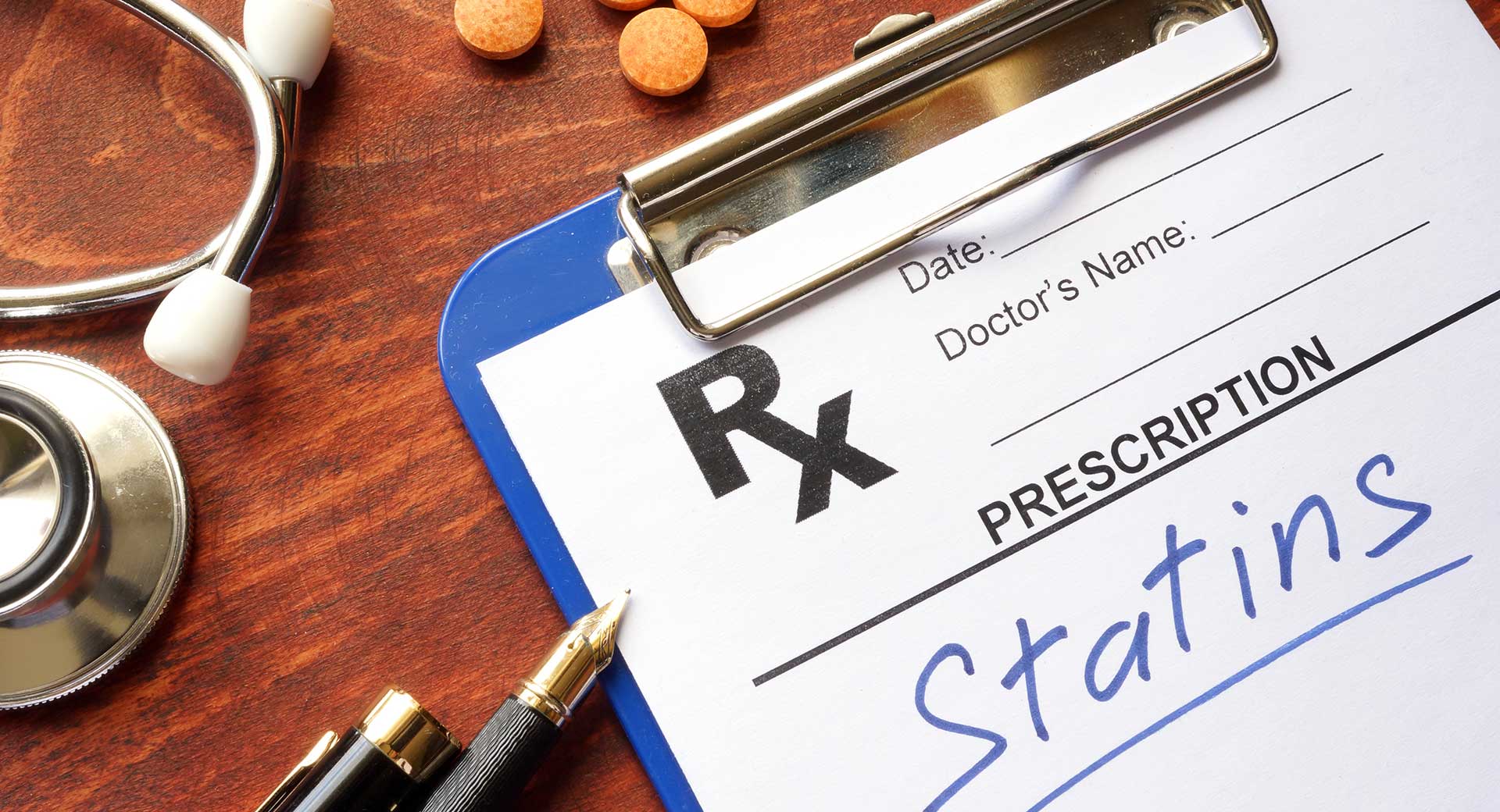Clinical Programs Help Monitor Efficacy, Safety and Costs
At Pharmacy Benefit Dimensions (PBD), we offer more than administration of your client’s prescription drug programs. We also offer assistance in the form of clinical programs to help monitor for drug efficacy, safety and costs.
For example, PBD has a variety of processes in place to help reduce overuse of opioids and inappropriate prescribing practices. As a result of these efforts, overall opioid claims per 1,000 members decreased by 10% from 2018 to 2019. We also experienced an additional 3% reduction in 2020.
Provider and pharmacy reports are reviewed every six months to identify outliers in prescribing/filling patterns when compared to peers. Questionable providers and/or pharmacies that are identified through these reports and analysis are forwarded to our Special Investigation Unit (SIU) or Quality Management (QM) department for further investigation.
PBD runs ad hoc (monthly/quarterly) reports in response to safety issues such as chronic use of short-acting opioids or concurrent opioid and benzodiazepine use on an as-needed basis. Using these reports, PBD formulates comprehensive communications that incorporates a member’s prescription profile to aid prescribers in formulating a safe and effective treatment plan. Additionally, PBD supplies supporting documentation on standards of care and recommendations to avoid adverse outcomes.
Here are a few of our other utilization management techniques and clinical programs we have in place:
Clinical Misuse and Abuse
Our online pharmacy claim adjudication system is set to message network pharmacists for therapeutic duplications considered significant. Specific therapeutic duplications are set as a hard reject, meaning the pharmacy must call our help desk to verify that the duplication is clinically appropriate. Other duplications are soft rejects, meaning that the claim will reject at the pharmacy, but the pharmacist can override the rejection without the need to call our help desk.
In the case of opioid duplications, the system blocks overlapping supplies of opioid prescriptions at the point of dispensing, whether they are for the same or a different opioid product. Overrides are given when the dispensing pharmacist verifies that the duplication is medically appropriate for the specific patient. The dispensing pharmacist is expected to contact the prescribing physician to determine that the concurrent use of opioids is safe and appropriate. Categories this system applies to are short-acting and long-acting opioids/ opiates, acetaminophen-containing products and opioid antagonists.
Drug Overutilization and Incorrect Drug Dosage
Our online pharmacy claim adjudication system has edits that are in place to prevent overutilization through quantity limits, opioid duplication limits and blocking early refills. At the point of dispensing, our system is also set to prevent inappropriate dosing of specified drugs through maximum daily dosage limits or as specified in the formulary. An example would be maximum acetaminophen dosing. At the point of dispensing, the pharmacy system blocks prescriptions containing more than 4,000 mg of acetaminophen. Doses greater than this are known to be a risk for hepatotoxicity.
If a member is identified as over-using or misusing opioids, PBD has several mechanisms in place to help manage their utilization. These mechanisms include working collaboratively with their prescriber(s) to identify prescription filling patterns of concern, implementing a restriction program which limits the patient to one prescriber and one pharmacy, and limits the dose, quantity and frequency of opioids to be filled.
Clinical Programs
PBD has developed several clinical programs designed to drive better long-term clinical outcomes in members with chronic diseases, such as diabetes. Our Gaps in Care program, for example, will look to see if diabetic members are currently filling a cholesterol medication. Because it is especially important for diabetic patients to take a statin to help prevent cardiovascular events such as heart attack and stroke, our Gaps in Care program conducts outreach to those members directly. As part of the messaging included in the outreach efforts, we encourage members to ask their doctor whether or not a statin therapy is right for them.
One of the biggest advantages we have as a pharmacy benefit manager (PBM) is our relationship with our sister company and specialty pharmacy provider, Reliance Rx. This relationship matters because specialty drugs are the fastest growing section of pharmacy expense and represents a significant portion of overall pharmacy cost. We strive to improve patient care by driving to a positive health outcome while also containing the specialty drug cost. Reliance Rx has developed several programs that help our clients and members save substantially on high-cost specialty medications and reduce waste.
We utilize the RELI-Adhere program, an advanced clinical program led by Reliance Rx’s Certified Pharmacist and RN team to increase adherence rates, improve health outcomes and reduce health care costs. Through clinical interventions such as adherence monitoring, extra fill avoidance, 15-day split fill and first fill waste prevention, we are able to take a patient-centric approach to this otherwise costly portion of a prescription drug benefit all while reducing cost for both our clients and members.
